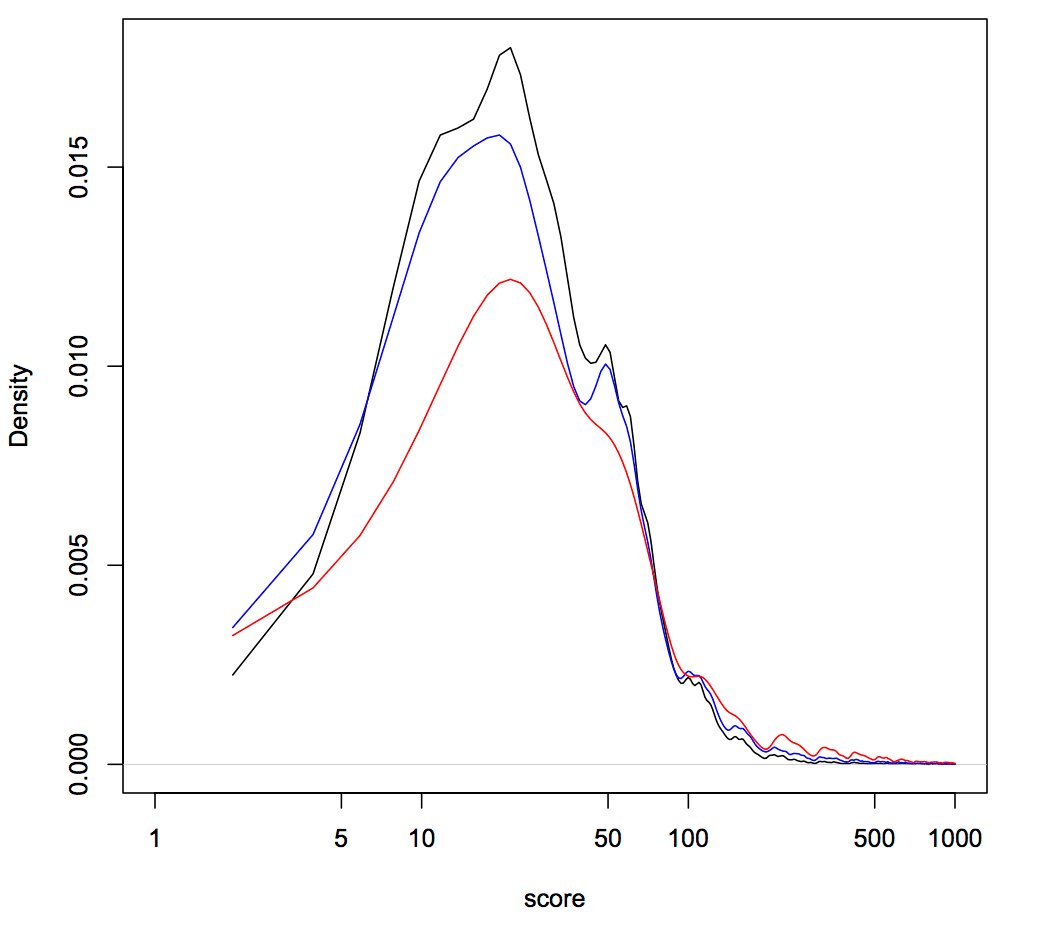
Luke Gilbert Named NIH “New Innovator” for Pioneering Potential
IGI investigator Luke Gilbert, an assistant professor at UCSF, has received a New Innovator Award from the National Institutes of Health (NIH). The grant provides $1.5 million over five years and is awarded to exceptionally creative early career investigators who propose innovative, high-impact projects. Gilbert is one of 58 award recipients, pioneering bold approaches to address major challenges in biomedical research.
Gilbert pioneered the development of ‘CRISPR screens’ during his time in Jonathan Weissman’s lab, exponentially increasing the power of genetic screening and enabling previously impossible experiments. CRISPR-based screens allow researchers to modulate the expression of thousands of genes within a single experiment. These seminal advancements have led to the rapid testing of new cancer drugs and have expanded our understanding of vital genes involved in human health.
As Gilbert’s own lab continues to grow, he wants to look beyond genes that we understand and blaze a trail into the genetic unknown. Recently, his lab designed a clever CRISPR screening approach, which alters the expression of many genes at once, revealing the function of previously uncharacterized genes. How does this work? Take for example, a car steering wheel. By itself, you may guess the role of this car part, but not until you add the tires, axels, and other components do you begin to truly understand the wheel’s function. Using this novel approach, Gilbert is able to draw maps of uncharted genetic territory, painting a picture of how genes work together to keep cells healthy.
“The NIH Director’s New Innovator award enables us to apply our new genetic interaction mapping platform to systematically assign function to thousands of gene products physically localized to the human nucleus,” Gilbert said. Rather than uncovering the complex function of genes one-by-one, Gilbert is ready to shine a bright light on the entire human genome.
You may also be interested in

Looking at Genome-Wide Guide Libraries

Meet an IGI Scientist: Shaheen Kabir

IGI Seminar Series: Progress and Challenges in Delivering Cassava with RNAi-mediated Resistance to Cassava Brown Streak Disease to Smallholder Farmers in Africa – It’s Not Just About the Technology
